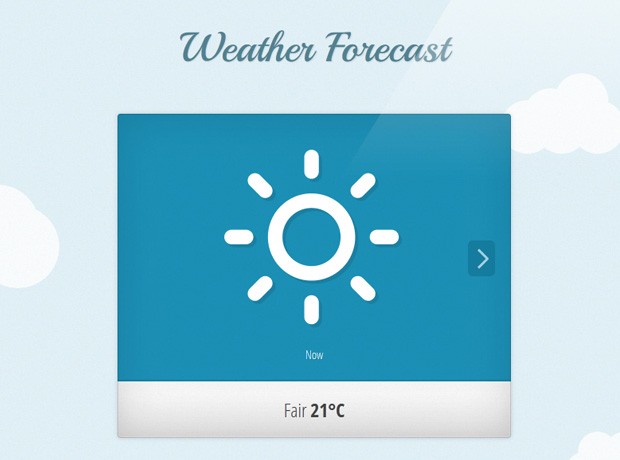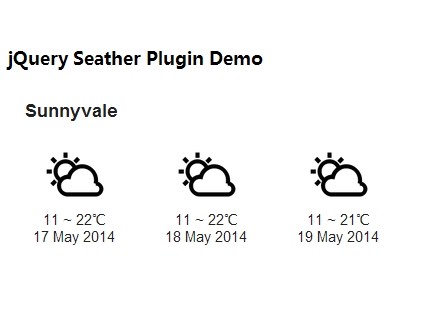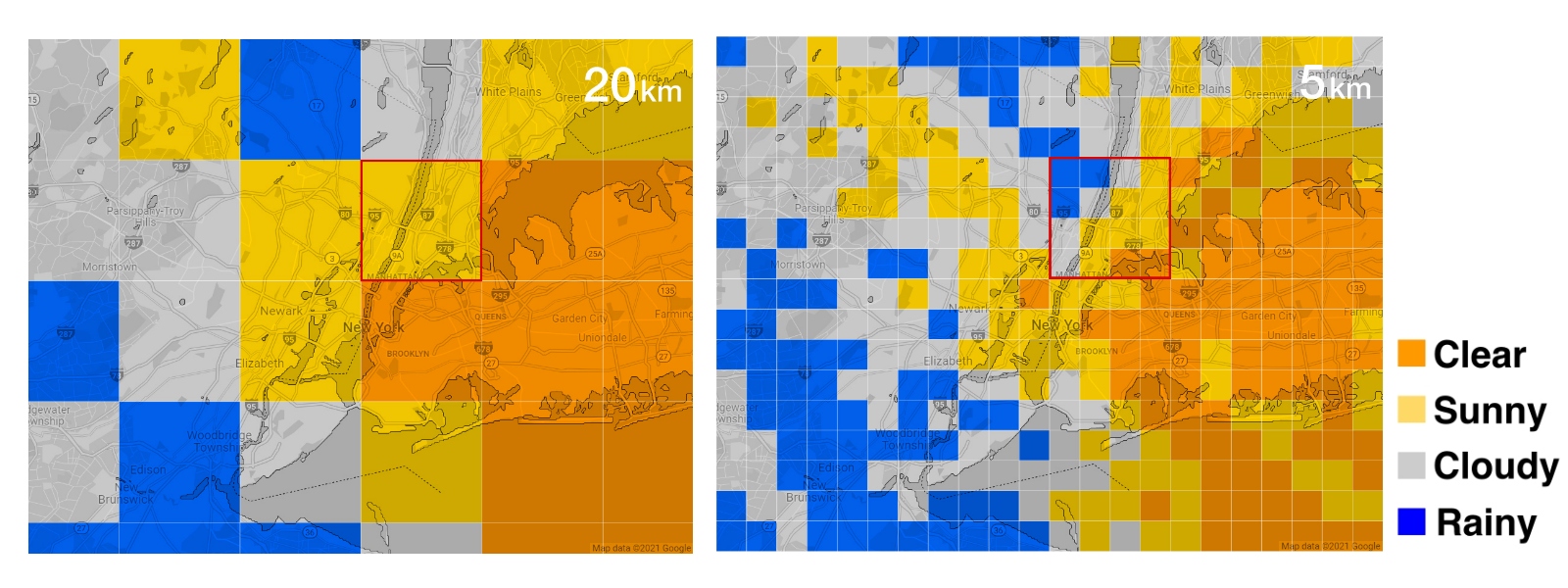

Did you know there is a weather API for tracking conditions on Mars? So it’s a pretty safe bet you’ll find an API that has the thing you want.Īlso, we should mention that free weather APIs, although convenient, usually have a limited amount of features or limit the number of API calls you can perform. Weather APIs can get pretty specific and niche.


So, before picking a weather API make sure it has the unique set of functions for weather information you want. Most APIs will give the same relay of basic info but differ with specifics. Weather APIs need to be able to integrate with your mobile or web application. This is the basic question you need to ask. So, when shopping around for a weather data API, make sure to consider the following features.

If you google weather API, you get a ton of results. With so many options around, it can be tough to figure out which API to pick. Other APIs may be used for highly specialized things like air quality monitoring or agricultural purposes. Each API has a unique set of capabilities and has a unique cost. Weather APIs are flexible and versatile, so different models have very different functions/architecture.
EASY WEATHER API LINK UPDATE
For example, you can program the weather API to make calls every 10 minutes to update weather information.
EASY WEATHER API LINK CODE
You can further configure the specifics about API from the code editor. This key can be inserted into the snippet of code on your website or application that calls the API. When you sign up for a weather API, you should get an API key that lets applications on your end access the API. It’s like the ‘secret code’ for accessing the API. A key is basically a unique identifier that identifies the program calling to the API. To use a weather API, you will need an ‘API key’. App developers have a lot of flexibility with APIs. In other words, the best weather APIs are flexible frameworks for retrieving and presenting specific weather information. Verbal requests can access APIs to get current weather information. People also use weather APIs to add voice commands to their Alexa or Google Assistant devices. You can customize the look of this info in whatever manner you want. The app you build makes a request to a weather API which then returns the requested information. You can use a weather API to grab info from a weather service and put it on your site. Say you run a sailing website and you want to give your visitors updates on current wind conditions. So, a weather API is a favored tool of developers looking to create applications that need to pull weather data, whether for general forecast purposes or highly specialized contexts. Weather APIs can pool info on things like: APIs can ‘reach out’, grab that data, and present it in some app. Weather APIs get their information from weather web service providers. It’s a general information network that can be customized. Rather, APIs are more like the raw materials that weather forecast apps are made of. It allows you to wrangle together weather information from a bunch of different sources, and present relevant information in an easy to read manner.Ī weather API is not a weather forecast app. So, organizations often customize their own weather forecast applications. Thanks to smartphones with amazing GPS capabilities, weather information can be delivered in a comprehensive and compact manner.Ī lot of businesses and people find that existing weather forecast applications are either limited or poorly made. Weather APIs are useful for building mobile-based weather apps. What is a weather API?Ī weather API is a kind of ‘application programming interface’ that connects you to databases containing forecasts and historical weather records. If you are building an app or service that needs information about the weather, then you need something that can get all that weather information and put it in an easily readable, accessible format. Maybe you run a hiking enthusiast site, and you want to keep people updated about the current heat index and cloud cover for daily trips. Are you building a weather related app? Maybe you run a fishing blog, and you want you readers to have regular updates about wind speed,


 0 kommentar(er)
0 kommentar(er)
